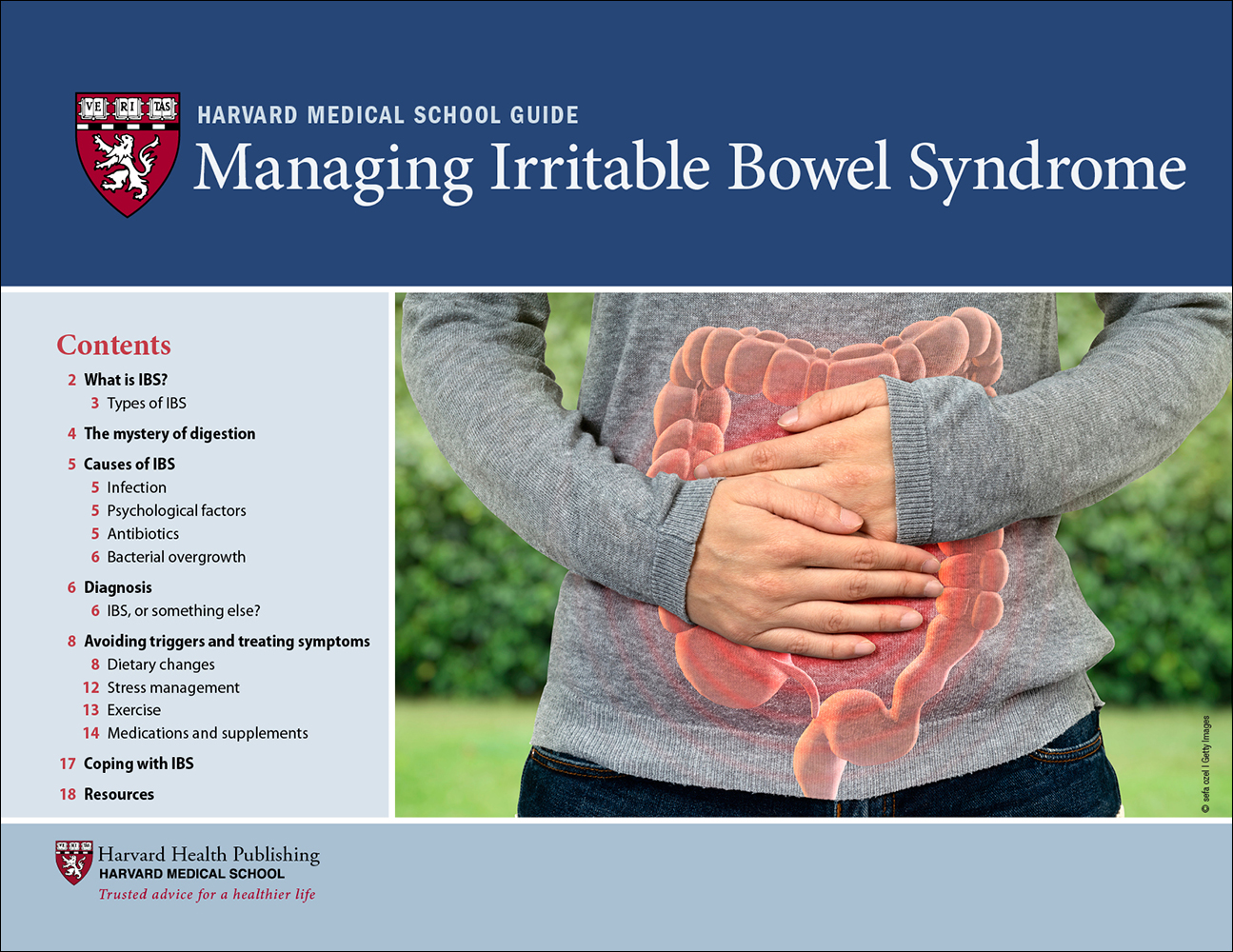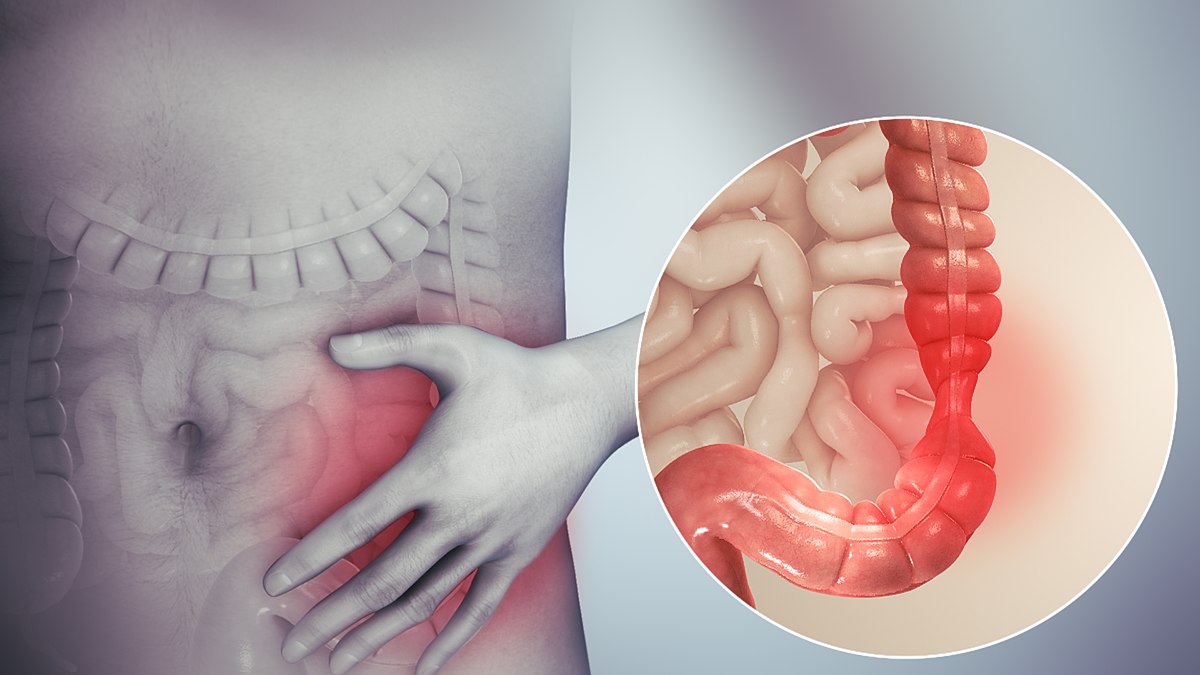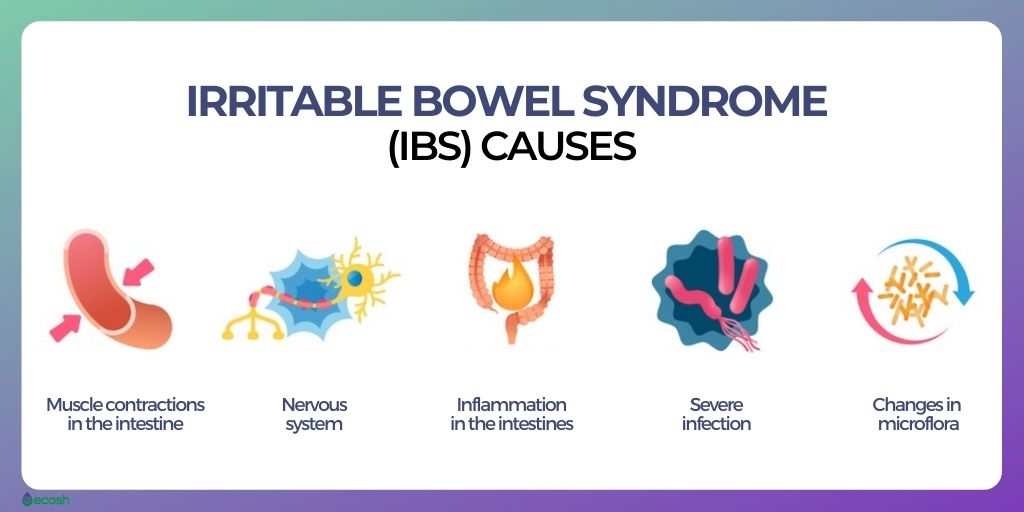Symptoms of Irritable Bowel Syndrome
The most common symptoms of irritable bowel syndrome (IBS) are pain in your abdomen, often related to your bowel movements, and changes in your bowel habits. Patients with IBS may describe the abdominal pain as cramping, bloating and gas.
The main symptom of IBS is abdominal pain or discomfort associated with a change in your bowel habits. Patients with IBS may describe the abdominal pain as cramping, bloating and gas.
The abdominal pain may be relieved with a bowel movement, or made worse by it. The bowel movements may be abnormal in frequency or appearance. Patients with IBS may have either diarrhea or constipation, and sometimes alternate between the two.
Other symptoms of IBS include:
* Anxiety and depression.
* Fatigue.
* Urinary symptoms.
* Sleep disturbances.
There is no single test to diagnose IBS, and it is often diagnosed after other conditions have

Introduction
There are many symptoms of irritable bowel syndrome (IBS), which can include pain in the abdomen, changes in bowel movements, bloating, and gas. The exact cause of IBS is not clear, but certain things are known to trigger symptoms in people who tend to experience IBS. Some common IBS triggers include stress,
diet, and certain medications. While there is no cure for IBS, there are treatments available that can help to manage the symptoms.
What causes IBS?
There are many possible causes for IBS, and it is not well understood by the medical community. It is thought that IBS may have a genetic component, as it often runs in families. IBS may also be caused by an imbalance of bacteria in the intestine. This imbalance can cause inflammation and may lead to symptoms such as pain and bloating.

The symptoms of IBS
Abdominal pain, cramping or bloating that is related to passing a bowel movement
farting (flatulence)
It causes symptoms like stomach cramps, bloating, and diarrhea. These can be mild or severe.
If you have irritable bowel syndrome, or IBS, you might have uncomfortable or painful abdominal symptoms. These include:
- Constipation
- Diarrhea
- Gas and bloating
The main symptom of IBS is abdominal pain or discomfort associated with a change in your bowel habits. Patients with IBS may describe the abdominal pain as: - Cramping
- Burning
- Gnawing
- Aching
The pain usually goes away after you have a bowel movement. Other common symptoms of IBS include:

When to see a doctor
Irritable bowel syndrome (IBS) is a disorder of the digestive system. It’s characterized by abdominal pain and changes in bowel habits. IBS can be uncomfortable and inconvenient, but it does not permanently damage the intestines or lead to other serious health problems.
Most people with IBS can control their symptoms with diet, stress management, and medications. Some people may need to see a doctor for more severe symptoms. If you have bloody stools, severe pain, weight loss, or other signs of a more serious condition, you should see your doctor.
There is no single test for IBS. Your doctor will ask about your symptoms and medical history. They may also do a physical exam and order tests to rule out other possible causes of your symptoms.

Causes of IBS
The most common symptoms of irritable bowel syndrome (IBS) are pain in your abdomen, often related to your bowel movements, and changes in your bowel habits. IBS doesn’t damage your digestive tract or raise your risk for colon cancer. The cause of IBS is not clear but may be related to a problem with the way the muscles in your intestine work, or to problems with the nerves that control the muscles in your intestine.

Treatments for IBS
Irritable bowel syndrome (IBS) is a common, long-term condition of the digestive system. Symptoms include cramping, abdominal pain, bloating, gas, and diarrhea or constipation, or both. IBS is a chronic condition that you’ll need to manage. The goal of IBS treatment is to provide relief from your symptoms. Your exact course of treatment will depend on the type and severity of your symptoms. Some people with IBS may need to make changes to their diet and lifestyle. Others may need medicine or probiotics. Some people may also benefit from mental health therapies.

Living with IBS
Irritable bowel syndrome (IBS) is a common, long-term condition of the digestive system. Symptoms can include stomach cramps, bloating, diarrhoea and constipation. These symptoms can often be painful and can have a big impact on your quality of life. IBS is a chronic condition, which means it can last for many years and may flare up at different times. There is no cure for IBS, but there are treatments that can help to relieve the symptoms.

Prevention of IBS
IBS is a common, long-term condition of the digestive system. The main symptoms are abdominal pain and changes in bowel habits. These can include constipation, diarrhea, or both. IBS can be a chronic condition that you’ll need to manage. There is no cure, but there are treatments that can help relieve your symptoms.
Constipation, diarrhea, gas and bloating are common IBS symptoms. IBS doesn’t damage your digestive tract or raise your risk for colon cancer.
Everything You Want to Know About IBS.
IBS is a group of intestinal symptoms that can include abdominal cramping, diarrhea, constipation, bloating, and gas. IBS is a chronic condition that you’ll need to manage. There is no cure for IBS, but there are treatments that can help relieve your symptoms.
Bulking agents, such as psyllium, wheat bran, and corn fiber,
